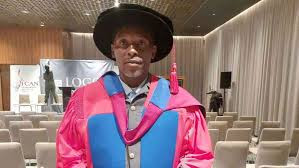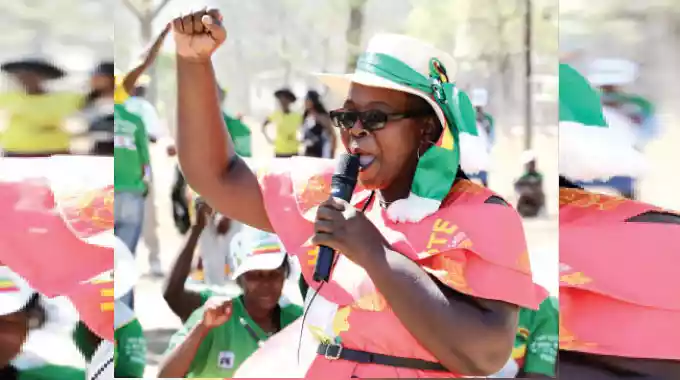
A clash between the Council for Churches in Africa (CCA) and the Mthwakazi Republic Party (MRP) has reignited tensions in Bulawayo over the contentious issue of open-air worship.
The CCA is an African continental ecumenical and ecclesiastical body representing apostolic, Zion and pentecostal churches.
Addressing congregants in the city over the weekend, CCA president Rocky Moyo accused political actors, particularly the MRP, of persecuting apostolic sect members who worship in open spaces.
“On our last engagement with the Bulawayo City Council, we discovered that some political parties that are based here in Bulawayo, were more involved in a tribal and insensible way of dealing with things,” Moyo said.
“They were going around churches, especially the apostolic churches, asking them, ‘Where are you coming from?’
“If that person says, ‘I'm from Mashonaland,’ they will tell you, ‘No, go back to Mashonaland,’ which we don't want in Zimbabwe.
“Tribalism and racism does not have a place in a civilised Zimbabwe.”
Moyo warned that churches will not stand idly as congregants were harassed and chased from their prayer sites.
- MRP petitions prison services over jailed members
- Fear grips Mat'land political activists
- Peers fundraise for jailed MRP activists
- MRP official, wife survive mob attack
Keep Reading
“We will stand against them if they continue doing that,” he said.
Moyo said his organisation has been engaging the Bulawayo City Council so that the churches can be afforded land for its members to build centres of worsh.
In response, MRP president Mqondisi Moyo, accused churches of hypocrisy and of violating municipal regulations.
MRP argued that many of the open air churches were operating illegally, without council authorisation a direct violation of the Urban Councils Act.
“In this regard, we find it very strange that the churches that we believe are supposed to be the ones to be advocating and encouraging their followers to follow the right channels, the right laws, in as far as worshipping God is concerned are the ones that are violating these rules and regulations,” Mqondisi argued.
“We also warn them that if they are to become politicians they should come out clean and declare that they are no longer churches, but they are politicians because anyone who stands in front of us as MRP will not hesitate to deal with them accordingly.”
Council has struggled for years to regulate open-air worshippers, many of whom set up makeshift shrines in bushy areas without basic amenities.
A council study conducted between April and May last year revealed widespread illegal occupation of municipal land, lack of water and sanitation infrastructure, and growing tension over land use.
Despite council efforts to shut down these unauthorised gatherings, enforcement has met stiff resistance from religious groups and their supporters.
Observers said as political, cultural, and spiritual lines blur, the battle over open-air worship is no longer just about bylaws but about identity, belonging, and the right to worship in a divided city.









